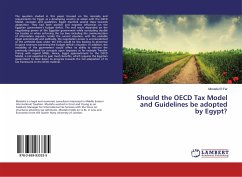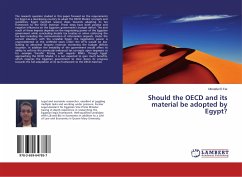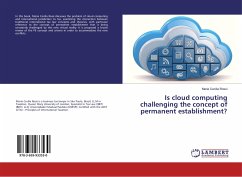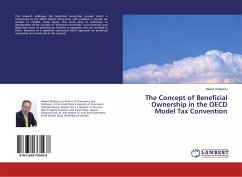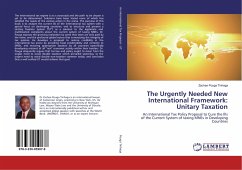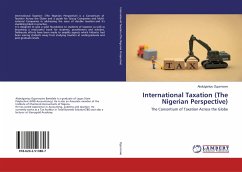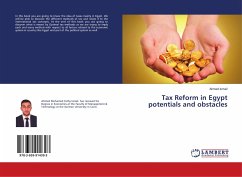The question studied in this paper focused on the necessity and requirements for Egypt as a developing country to adapt with the OECD Model, concepts and guidelines. Egypt marched several steps towards adaptation. They had both positive and negative influences on the Egyptian government's budget deficit. The end result depended on the negotiating power of the Egyptian government while concluding double tax treaties or when enforcing the tax laws including the communication of information requests. Under the current situation, with the unstable Egypt economically and politically, the negotiation power is unprecedented so the withheld taxes under the DTTs would be low leading to abnormal forgone revenues worsening the budget deficit's situation. In addition, the instability of the government would affect its ability to enforce the previously embraced tax concepts upon taxpayers as for example Transfer Pricing with regard MNEs. Hence, Egypt approachment to the OECD Model, is not expected to gain much benefits, which requires the Egyptian government to slow down its progress towards the full adaptation of its tax framework to the OECD material.
Bitte wählen Sie Ihr Anliegen aus.
Rechnungen
Retourenschein anfordern
Bestellstatus
Storno

